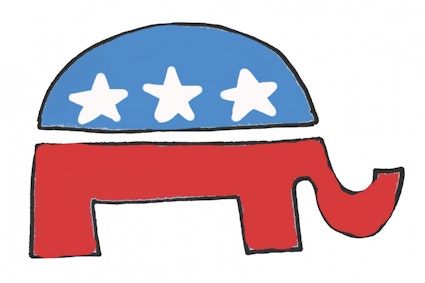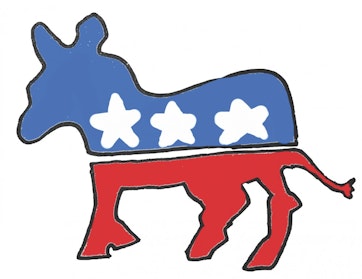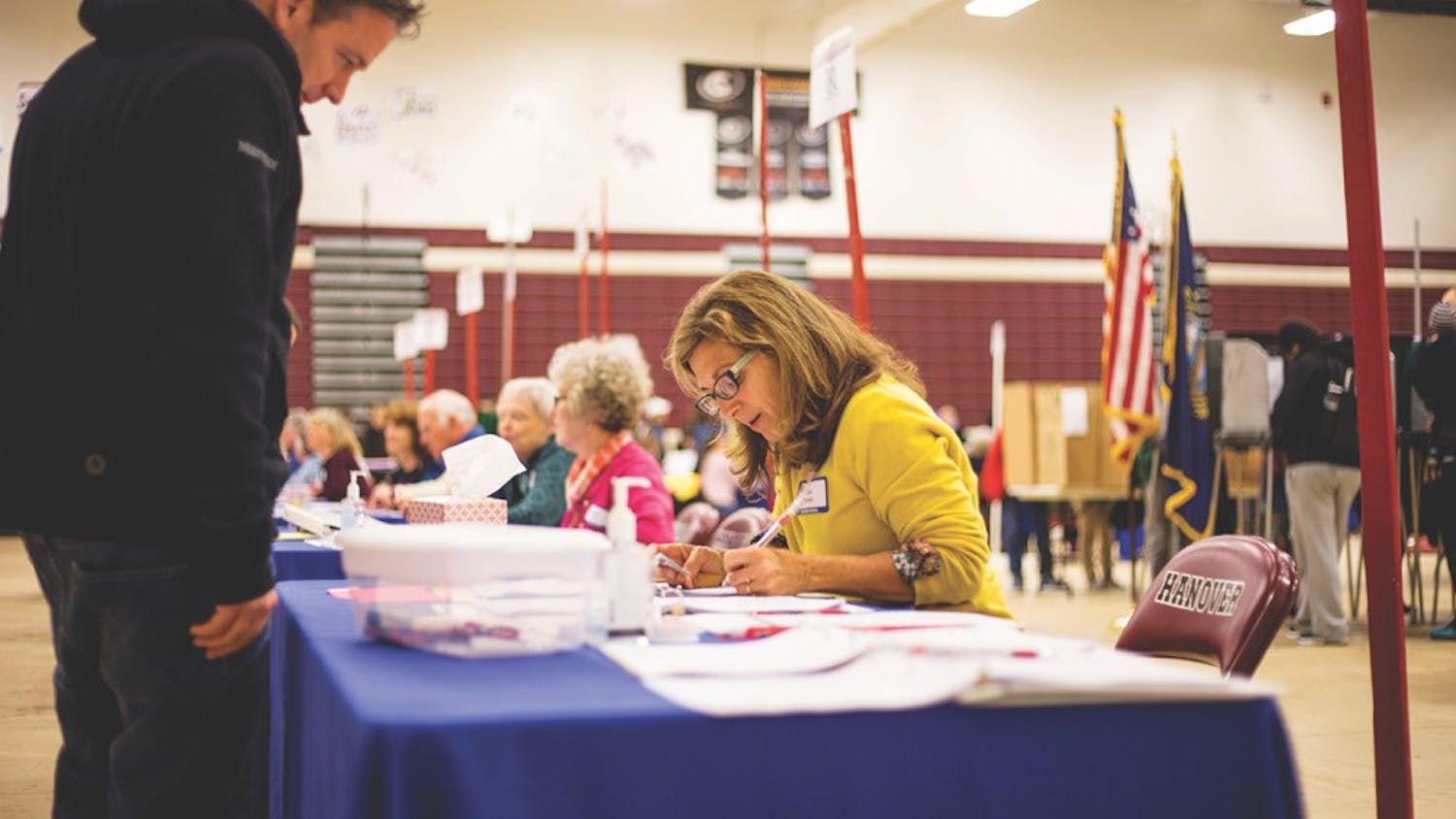New Hampshire is neither red nor blue. While the state’s representation in Congress is entirely Democratic, a Republican, Chris Sununu, has been governor since 2017. Although Dartmouth remains majority liberal, the range of ideologies among campus political groups reflects the swing-state nature of New Hampshire.
Dartmouth has already served as a hub for presidential candidates this election cycle. The College Democrats have hosted 11 of the declared Democratic 2020 presidential candidates on campus, according to Dartmouth Democrats member and former president Gigi Gunderson ’21, including Sen. Cory Booker (D-NJ), Sen. Kirsten Gillibrand ’88 (D-NY), Sen. Kamala Harris (D-CA), U.S. Rep. Beto O’Rourke and Sen. Elizabeth Warren (D-MA). According to Gunderson, these events have drawn hundreds of students, many of whom have volunteered to work at the events.
“So many presidential candidates are excited to visit New Hampshire and therefore excited to come to Dartmouth,” College Democrats member Jake Maguire ’21 said.
Unlike the political makeup of New Hampshire at large, however, the Dartmouth student body skews liberally. According to a survey by The Dartmouth in May of this year, almost half of Dartmouth students consider themselves to be broadly liberal, in addition to 13 percent who consider themselves to be socialist. Twenty percent of students said they were moderate, nine percent said they were conservative and six percent as libertarian.
With regard to party, 59 percent of students identify as Democrats while 25 percent identify as Independents. Thirteen percent identify with the Republican Party and 2.4 percent with the Libertarian Party.
College Republicans treasurer Griffin Mackey ’21 said that Dartmouth is “a bubble” and that students tend not to interact with the Upper Valley.
“I think [this lack of interaction] is another reason why we’re just on two different [political] planes from the New Hampshire population,” Mackey said.

Sunny Tang / The Dartmouth Staff
In addition to hosting national election candidates, Dartmouth Democrats will also work to support and volunteer for candidates in local elections, such as Joyce Craig’s campaign for re-election as the mayor of Manchester, according to Maguire.
While the College Republicans will be active throughout this election cycle, they will mostly gear up in the months leading up to the general election, said College Republicans chairman Daniel Bring ’21. He said the group will be supporting President Trump in the primaries and general election.
“Fall 2020 will be a busy term for us, but we’ll still be actively supporting the Republican Party every day from now to Election Day,” Bring said.
Outside of election-focused work, political groups at the College provide opportunities to engage with political ideas. This year, the College Republicans made a stir on campus when they hosted conservative commentator David Horowitz. His talk included controversial statements such as,“the only serious race war in America is against white males” and, “no one is oppressed in America.”
Four police officers were present securing the event, which drew student protesters.
“We try to bring speakers who are famous, interesting, exciting, who introduce new ideas to campus,” Bring said. “I think that there’s a definite value to having speakers who attract a large crowd.”
Bring explained that one goal of such “high-profile” speakers is to attract moderate or more politically indifferent students so that they might consider and reflect on the ideas presented.
The College Democrats, on the other hand, tend to bring politicians rather than commentators to campus. In addition to the presidential candidates hosted already this year, the College Democrats have hosted New Hampshire politicians including congresswoman Annie Kuster ’78 (D-NH) and 2018 Democratic gubernatorial candidate Molly Kelly.

Sunny Tang / The Dartmouth Staff
Some members of political groups have stated interest in strengthening the work across political groups in future years. According to Gunderson, the College Democrats have worked with Planned Parenthood but are looking to expand their collaboration to other liberal-leaning groups on campus such as Divest Dartmouth — a student-run activist group which advocates for Dartmouth to cease investment in fossil fuel companies.
Despite interest among some students to have political discussions across party lines, debates of this nature and events of thus kind are difficult to bring to fruition, according to Bring.
William Reicher ’22, co-founder of the Dartmouth Political Union, an organization that works to facilitate open discussion of political issues at the College, said that the Dartmouth Democrats and the Dartmouth Republicans tend to host separate events and bring their own speakers to campus, and tend not to opt to collaborate.
To try to bridge this gap, the DPU was re-established this fall, after being inactive since it was discontinued in 2010. Revived by Reicher and Vlado Vojdanovski ’22, the DPU hosted a discussion this spring about foreign policy by members of the College Democrats and the College Republicans that was attended by about 40 people, Reicher said.
But with the presidential primaries right around the corner, regardless of which campus group might appeal to new students the most, ’23s have many ways to get involved in politics, should they choose to.
Jake Maguire is a member of The Dartmouth staff.
This article is a part of the 2019 Freshman Issue.


